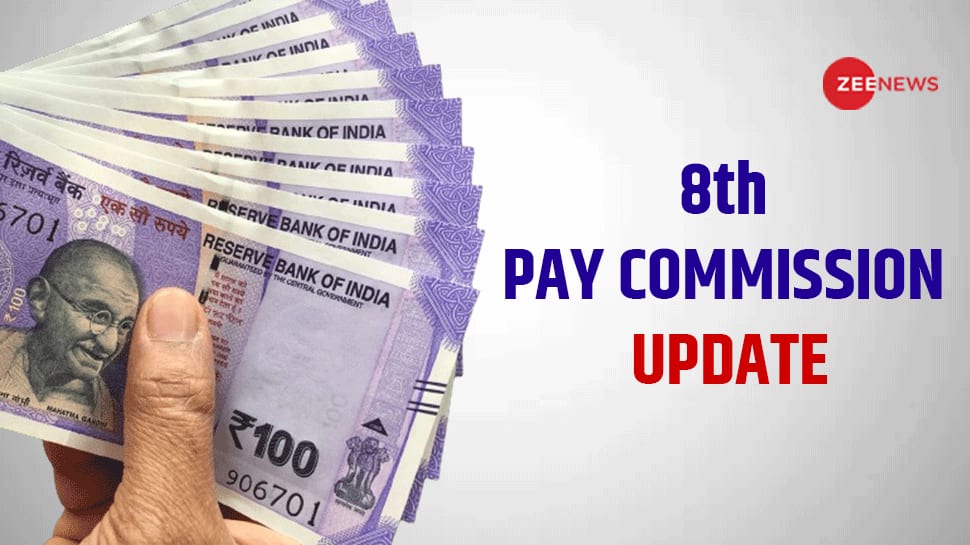There is a renewed hope for shortening of the commutation pension period from 15 years to 12 years for central govt employees. Check why the issue has once again come to fore ahead of the 8th Pay Commission.
)
The central government employees have for long called for commuted pensions to be reinstated. Employee organizations want the government to shorten the commutation pension period to 12 years as it currently restores it after 15 years from the date of commutation. In March this year, the demand to shorten commutation of pension was again raised in the 34th meeting of SCOVA (Standing Committee of Voluntary Agencies).

At the SCOVA meeting, held on 11 March 2025, the issue of commuted pension was raised during which the Finance Department had informed the same can now be included in the Terms of Reference (ToR) of the 8th Pay Commission. And thus, the issue was removed from the agenda of the SCOVA meeting, Finance Department's assertion that a formal decision can now be taken only via 8th Pay Commission's recommendations.

Commuted pension is an advance payment that you get in one lump sum and that is subtracted from your whole pension fund. Simply put, choosing a commuted pension allows you to get a one-time payment right away and the rest amount in fixed installments throughout your lifetime. The amount commuted will be deducted from the monthly pension, and it will be restored once 15 years have passed since the day the converted pension value was received. Employees of the Central Government are eligible to receive a lump sum payment of up to 40% of their pension.

Employee organizations want the government to shorten the 15-year commutation period for retirees' pensions to 12 years. They also called for the 8th Pay Commission to be established right away and to include their demands. The National Council (Staff Side) Joint Consultative Machinery (NCJCM) had also previously urged the central government to reduce the commuted pension restoration period from 15 years to 12 years, citing no rationale for recovering the pension after that time.

Employees are arguing for a 12-year restoration period for adjusted (commuted) pensions, stating that the 15-year reduction is unfair in light of rising inflation. Additionally, while they are employed, employees are already bearing taxes and deduction. A 12-year restoration period will provide relief to millions of retiring employees.

The Confederation of Central Government Employees and Workers had earlier urged the government to examine the pension commutation rules which were created 38 years ago by revising Rule 10A of the Central Civil Services (Commutation of Pension) Rules, 1981. Additionally, the Confederation attached a detailed note outlining why the Supreme Court judgement in Common Cause (supra) of 1986 requires a new look into the issue since many parameters have changed in the last 38 years.
In its letter, the Confederation cited the 5th Pay Commission report, which recommended reducing the 15 years for commuted pension restoration to 12 years. According to the note, the central government has neither accepted nor rejected it.

Prime Minister Narendra Modi had approved the establishment of the 8th Pay Commission which is set to be implemented from January 1, 2026. The government is currently deciding the terms and conditions of the commission, however, no formal announcement has been made regarding pension commutation and restoration period. However, with the approval of the establishment of the 8th Pay Commission, employees are hopeful that the government may reduce the commuted pension restoration period from 15 to 12 years.